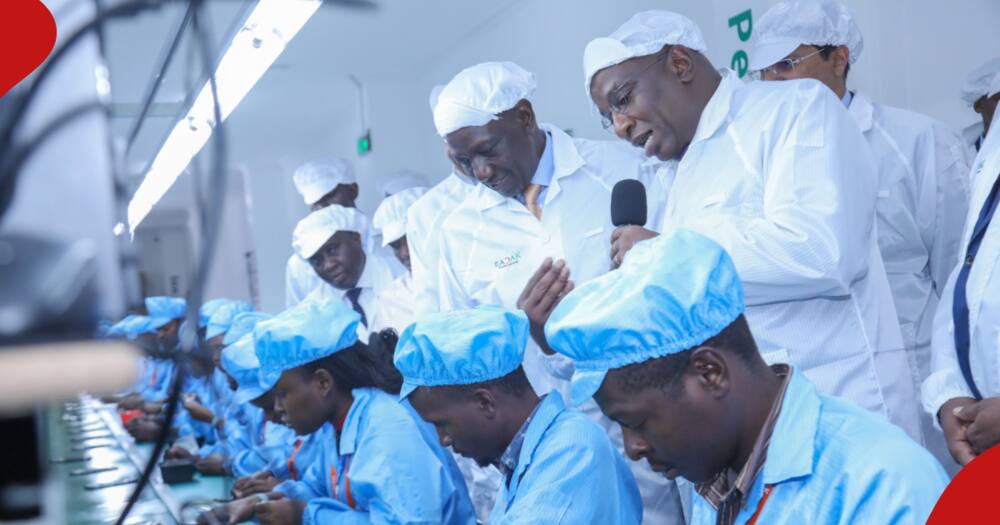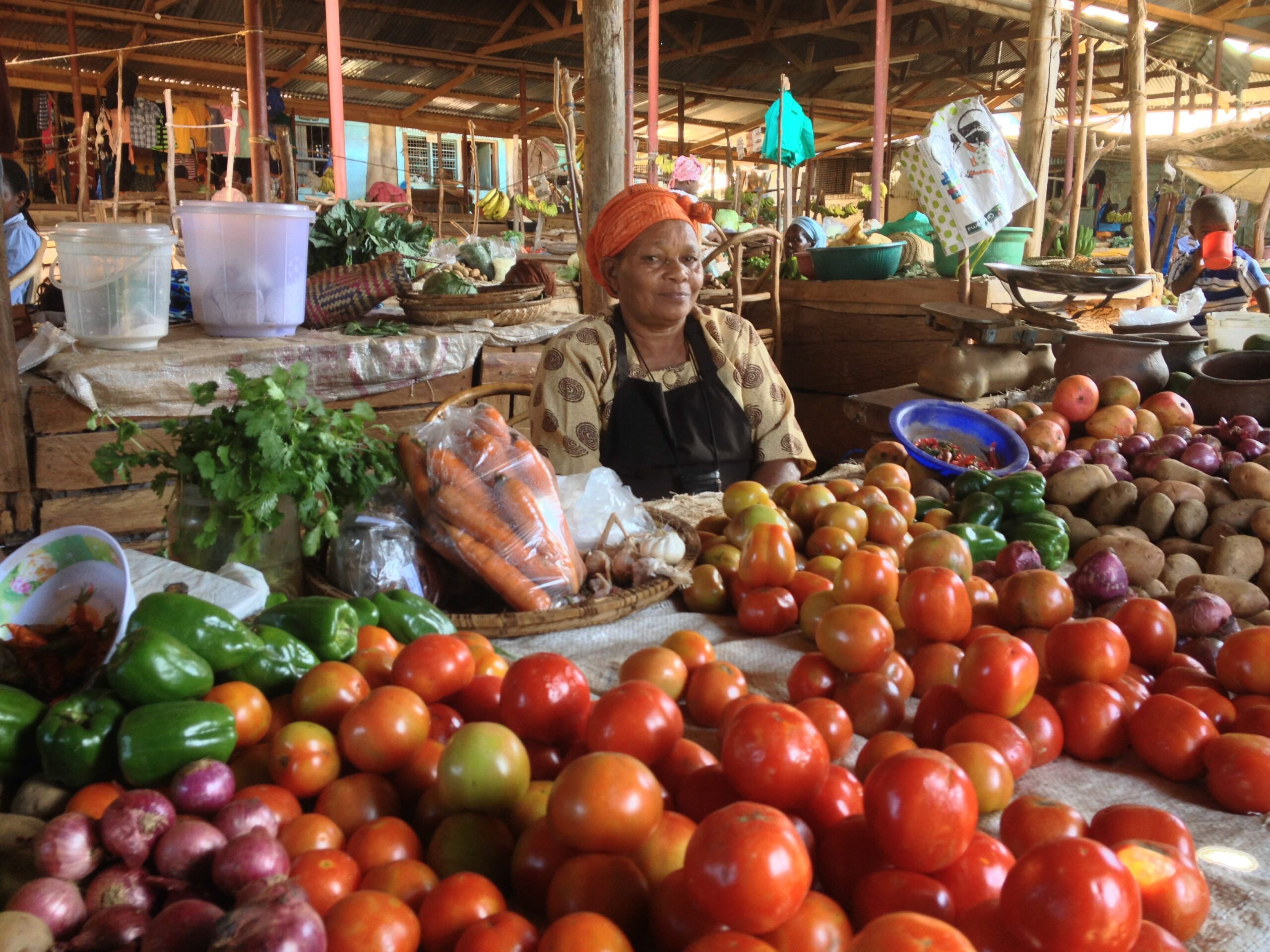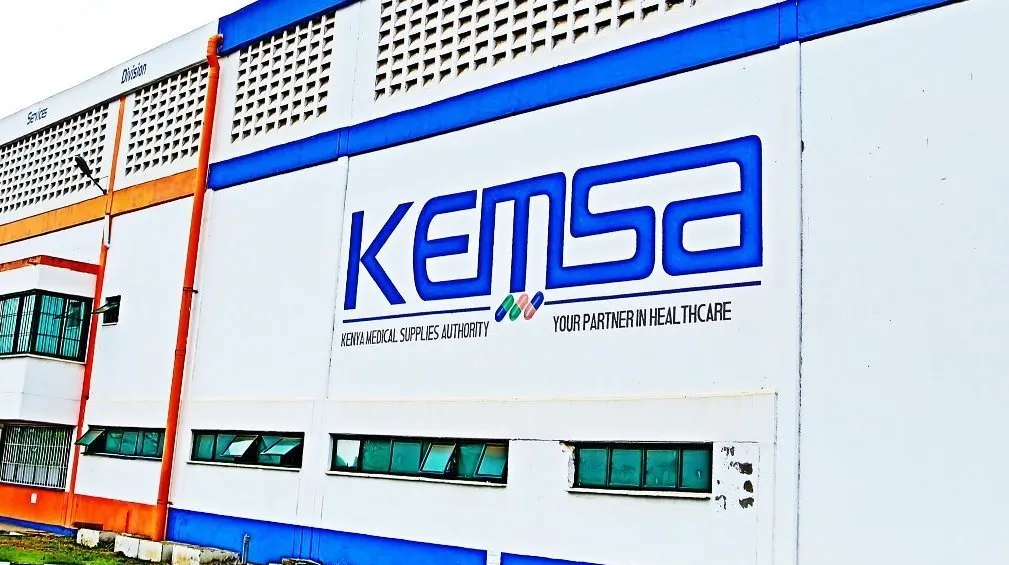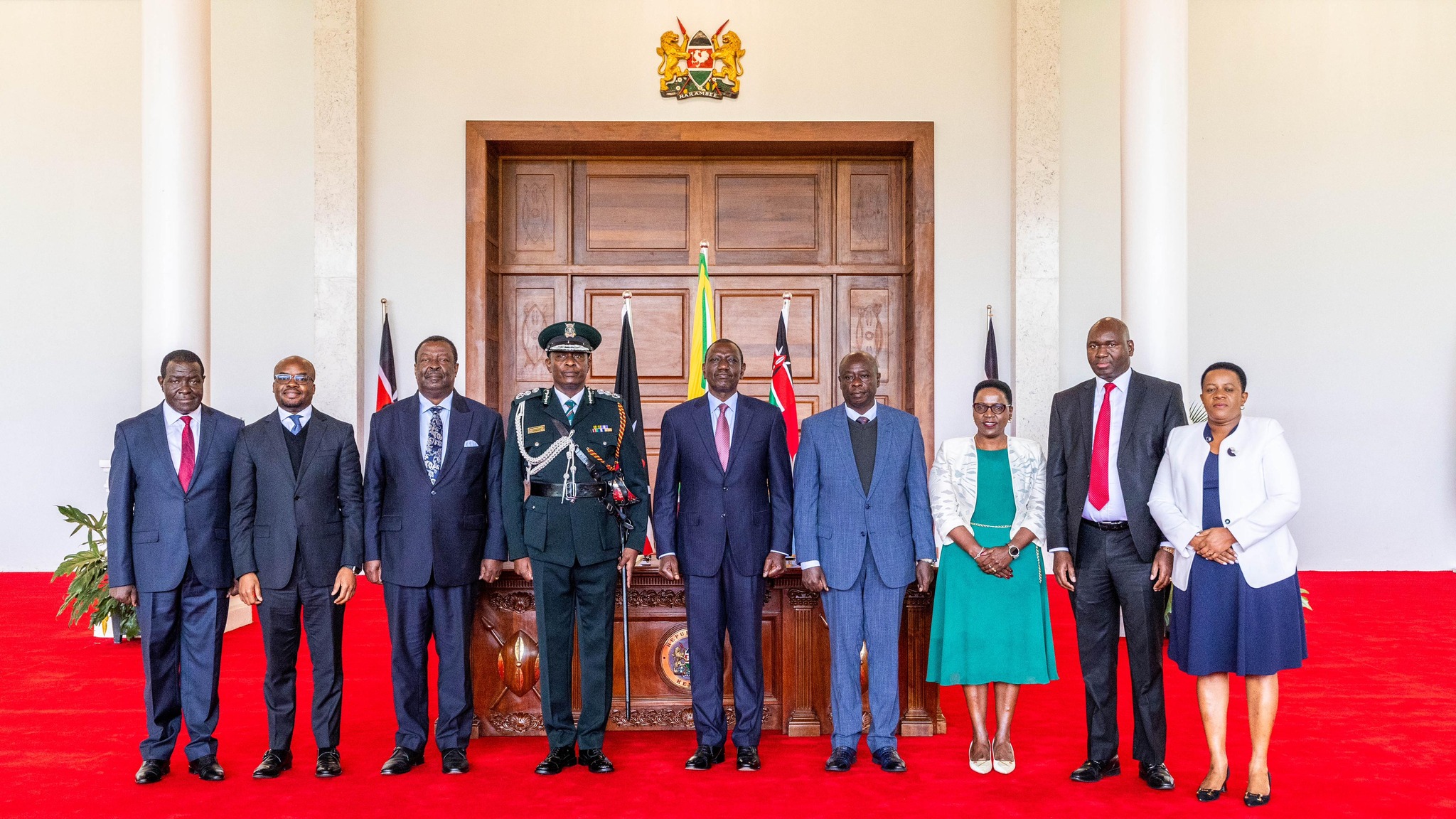
About 30 kilometres from Nairobi, at a two-storey warehouse building in Athi River in Machakos County, Kenya’s first smartphone factory has hummed to life.
The plant is officially known as the East Africa Device Assembly Kenya (EADAK), and there are about 300 workers, majority of them on the assembly line, where parts come together to create a smartphone.
Evans Wambua’s story exemplifies the hopes of everyone connected to the plant, from the companies that have come together to back it to the government that has become the company’s first customer.
Evans was one of the hundreds of construction workers who descended on the warehouse about three months ago to convert the big grey concrete inside into the assembly plant.
“I’m the one who laid these tiles,” he reflected on the day the plant was officially launched.
When the construction work ended in August, Evans wondered whether he could work on the longer-term jobs he could see would become available there.
“I decided to ask for work at this company because I had been searching for a while. I was told I could work on the machine and after two months of training and an interview, I now work here,” said Evans.
He now describes himself as an engineer and is proud of the certification he received after the training.
The assembly plant is an extremely controlled environment. Everyone in the building is required to wear dustcoats and headcovers made of antistatic material, which is made of fibres that generate as little static electricity as possible. They also wear antistatic wrist straps, which ground them and prevent the buildup of static electricity in their bodies.
They are also keen on the devices in front of them as the assembly of smartphones calls for undivided attention.
Along the assembly line, on one of the conveyor belts, is the chipset, which is essentially the brain of the phone, as it controls everything that goes on in it and ensures it functions correctly. Its functions include Wi-Fi and Bluetooth communication, memory and storage.
The chip is pre-loaded with the Android software and needs to be prepared with connections to all the peripherals like the front and rear cameras, the display and the speaker. The phones from the plant will have the eCitizen app to enable Kenyans to access government services digitally.
The various smartphone components that make the finished product are sourced and shipped from different parts of the world.
Once EADAK completes the assembly, it takes the devices to quality control for a rigorous quality check process. Any phone found to be faulty is sent to another team that replaces the defective component. Over 20 different tests are done to ensure the phone is working as it should once a buyer purchases it and unboxes it for the first time.
When all the components are in place, the phone is sealed, packaged and ready for distribution.
The assembly plant is expected to produce 1.2 million smartphones in its first year. It, however, has a capacity to produce three million smartphones per year and to achieve this target, a team of about 300 staff is working around the clock in shifts.
EADAK was launched on October 30th 2023, but the idea to set up the plant was set in motion about a year ago, in 2022.
The assembly plant is the brainchild of industry leaders Peter Ndegwa, Safaricom CEO and Joshua Chepkwony, Chairman and CEO of Jamii Telcom.
Last year, when the two leaders sat down to discuss industry issues, some of the issues that arose were about finding solutions to the challenges that hinder the acceleration and adaptation of ICT services in the country.
A smartphone factory seemed like the ideal solution because it would solve several challenges: It would give Kenyans who are not connected a chance to own a decent mobile device since the upfront cost of a smartphone is too expensive.
The 4-G-enabled smartphones would accelerate the digitisation agenda. The factory would create employment. The smartphones would allow Kenyans to access essential services beyond the telecom sector, including healthcare, financial services, education and more. The benefits were endless.
So, backed by empirical data, they sought support from the government through President William Ruto. Soon after, more partners came on board, including Industrial Technology Trading Company Limited and Chinese mobile device dealer Shenzhen TeleOne, and EADAK was born.
On the day of the launch,100 000 smartphones were sold to the Ministry of Health to help digitise all community health promoters/workers nationally.
The smartphones assembled at EADAK bear the Neon Brand with the latest version of Android. They consist of two variants: the 5.5-inch Neon Smarta, which retails at Ksh7,499 and the 6.5-inch Neon Ultra at 8,999. The Neon Smarta is an entry-level device, while the Neon Ultra is a flagship smartphone which can be used to take great photos, watch movies and videos, and more.
Speaking during the launch, Safaricom CEO Peter Ndegwa said that the partnership with local mobile operators and international device manufacturers is a step in accelerating access to high-quality 4G devices across the country.
“Our aim as Safaricom is to connect more than 20 million customers with 4 G-enabled devices by 2025. We are also in support of the government’s digitisation agenda, and we know that it cannot be successful if we don’t have smartphones. We believe the smartphone in everyone’s hand will act as the pathway to accessing government services and endless possibilities on the internet,” said Ndegwa.
Prohibitive prices of smartphones have long marginalised low-income communities from acquiring these mobile devices, making it harder for information to flow and access crucial services such as banking.
About 61 per cent of Kenyans use feature phones.
Ndegwa said the hope of the project’s investors is that the Government would also step in to help those interested in acquiring the smartphones with subsidies similar to the fertiliser subsidy programme.
“This will ensure that millions of Kenyans will be able to afford smartphones that have been assembled right in their country,” he added.
Chepkwony said the threat to the initiatives are the cheap, illegal imports that taunt potential customers, and then quickly disappoint them by failing and discouraging them from using smartphones.
“We appeal to the government, through the relevant government agencies, to help us seal the loopholes that allow for entry of these devices into our market. We must deal with this threat very decisively for us to realise the full benefits of this venture,” said Chepkwony.
President William Ruto, the chief guest at the launch, said the production of smart digital devices was an urgent priority to the bottom-up economic transformation agenda.
“The provision of affordable smart devices is no longer just about mobile telephony helping tech penetration. It is also about universal access to private and public sector goods and services as the driver of national transformation. It is not possible for transformation to be at the rate, at the scale, and at the speed that we want unless we have the devices to assist us in unlocking that potential,” he said.
-Source: Safaricom








